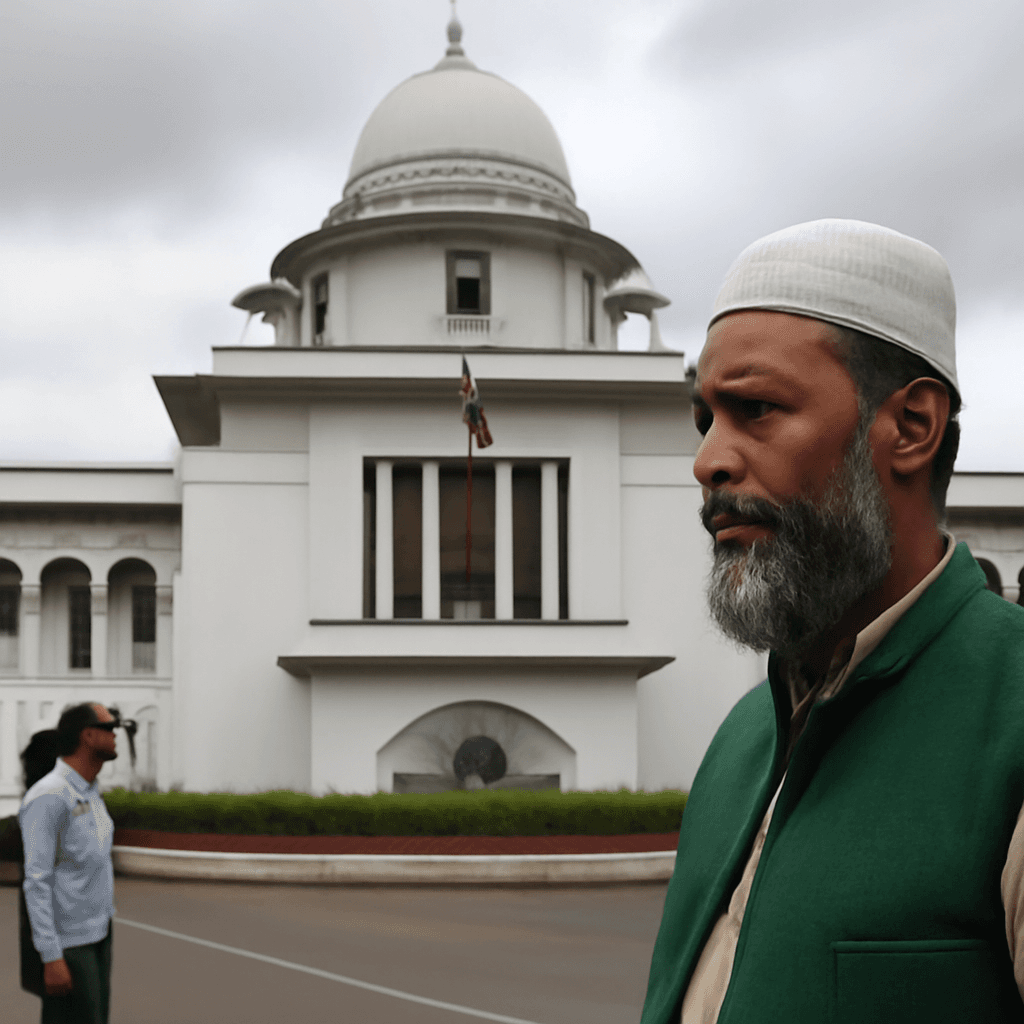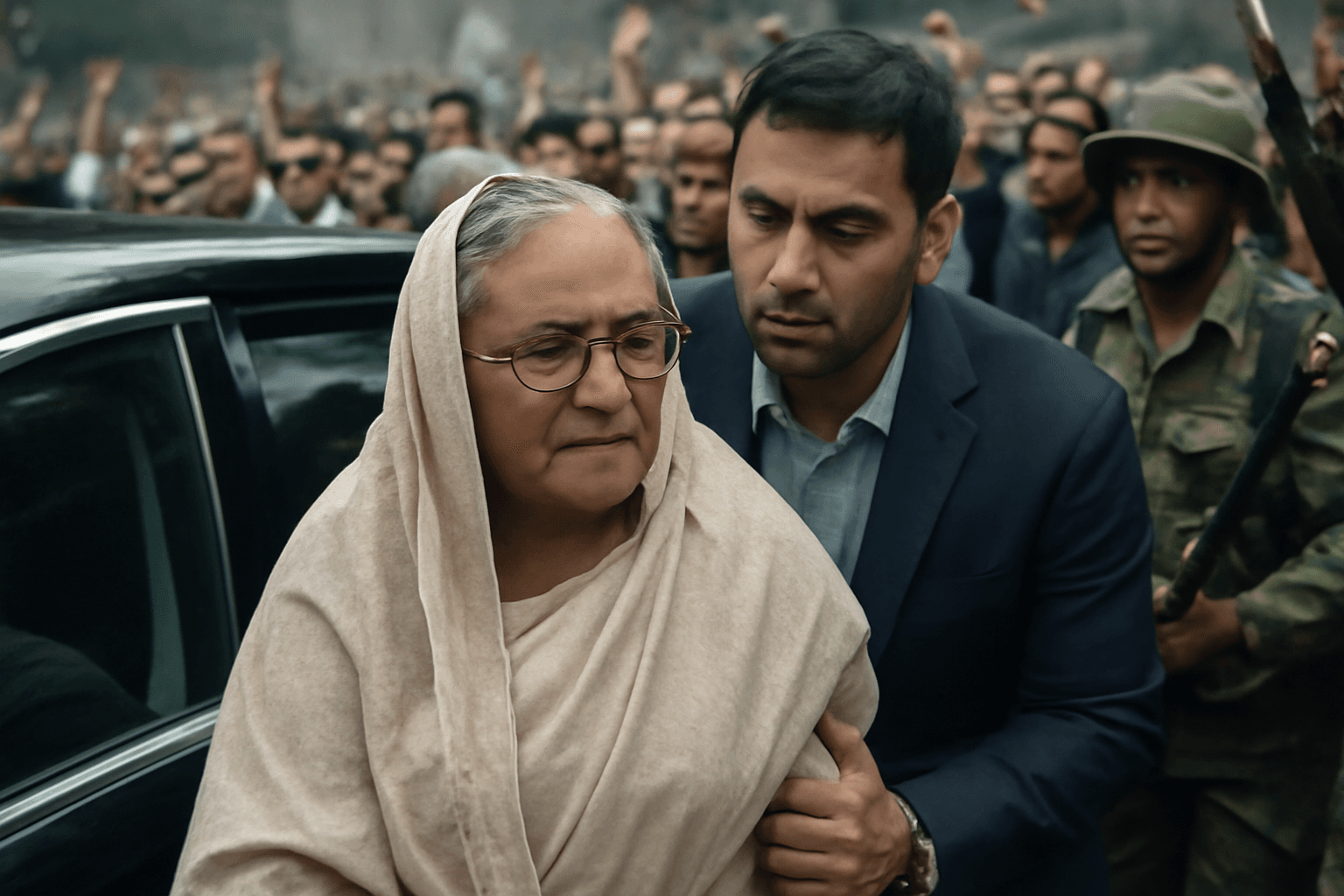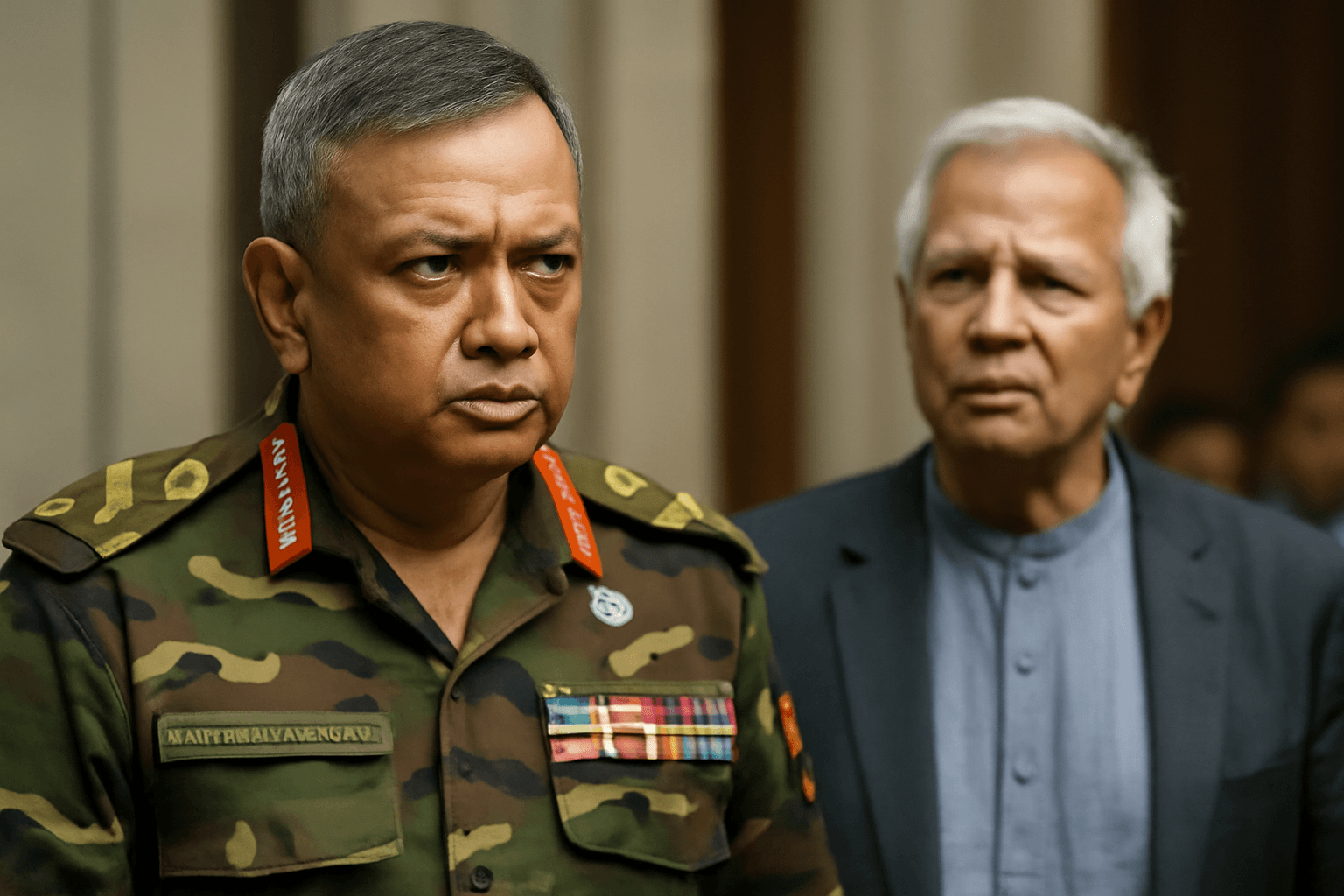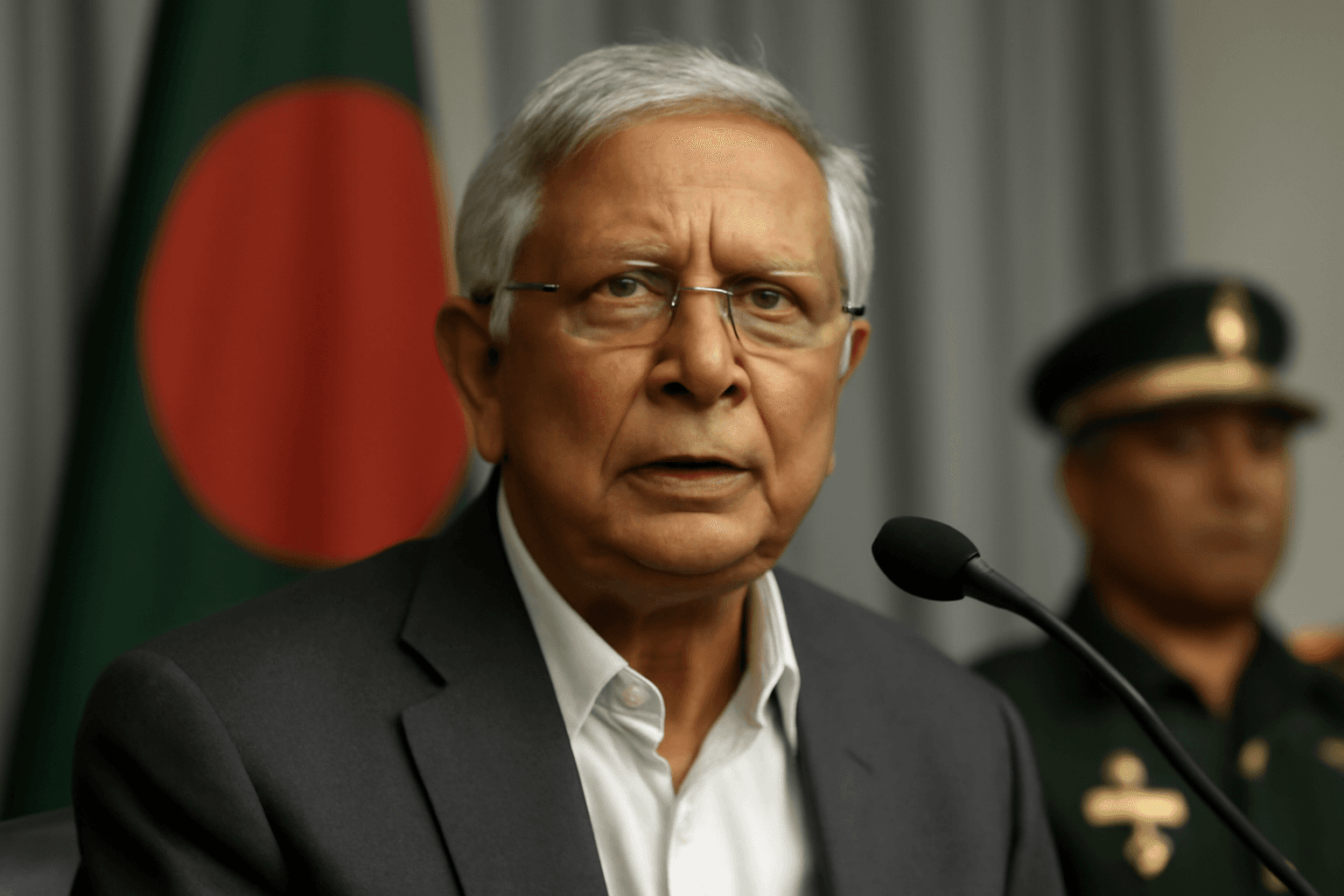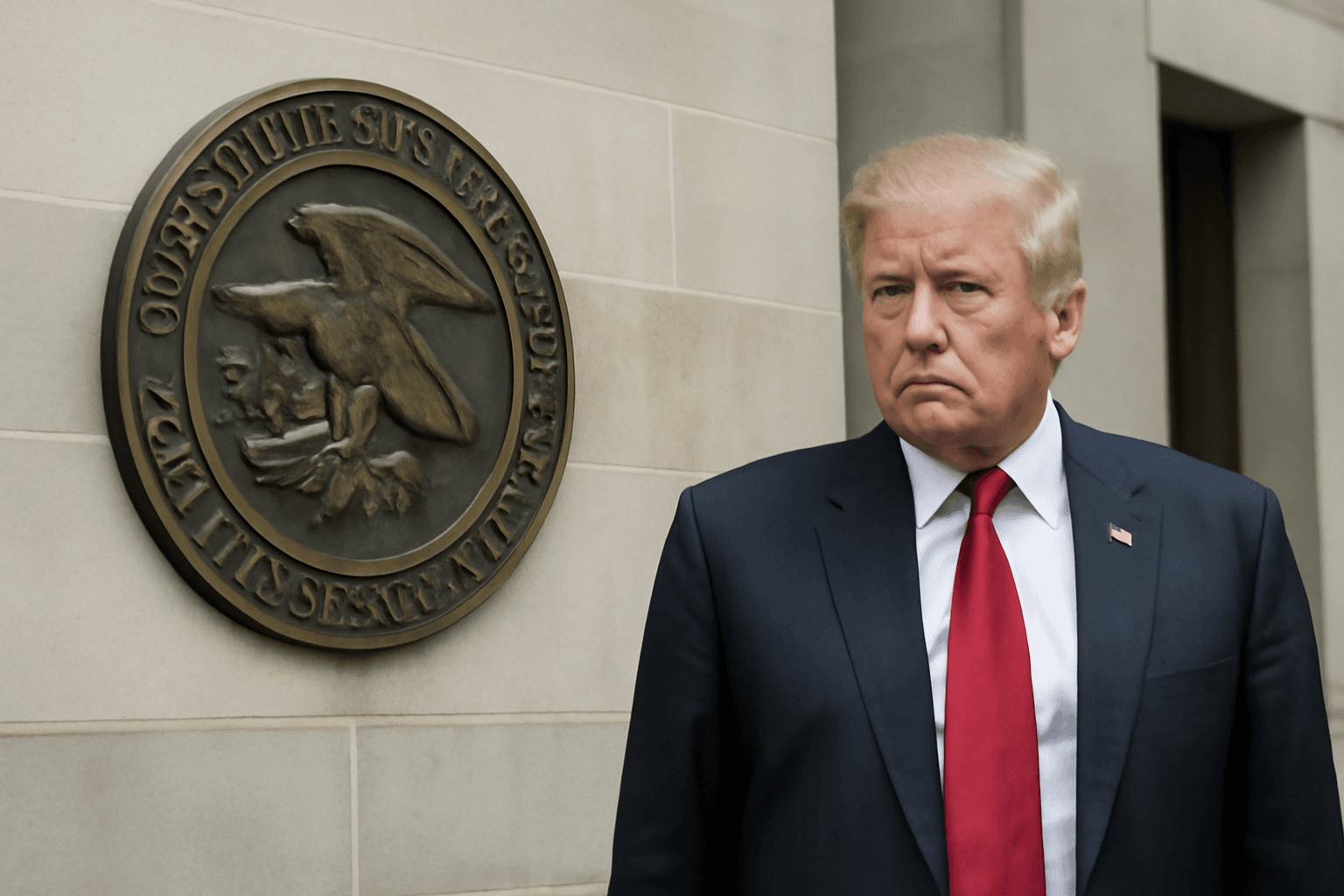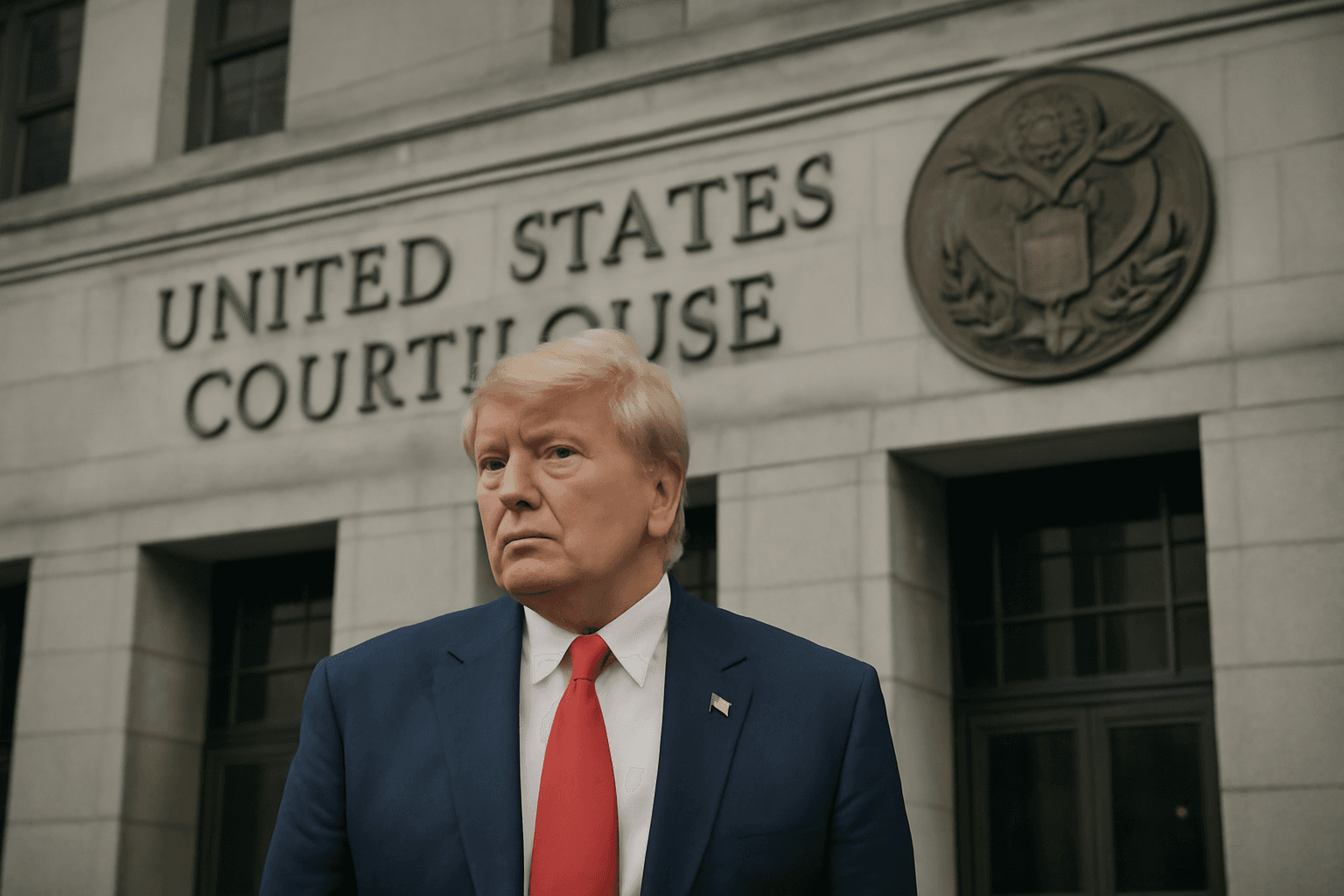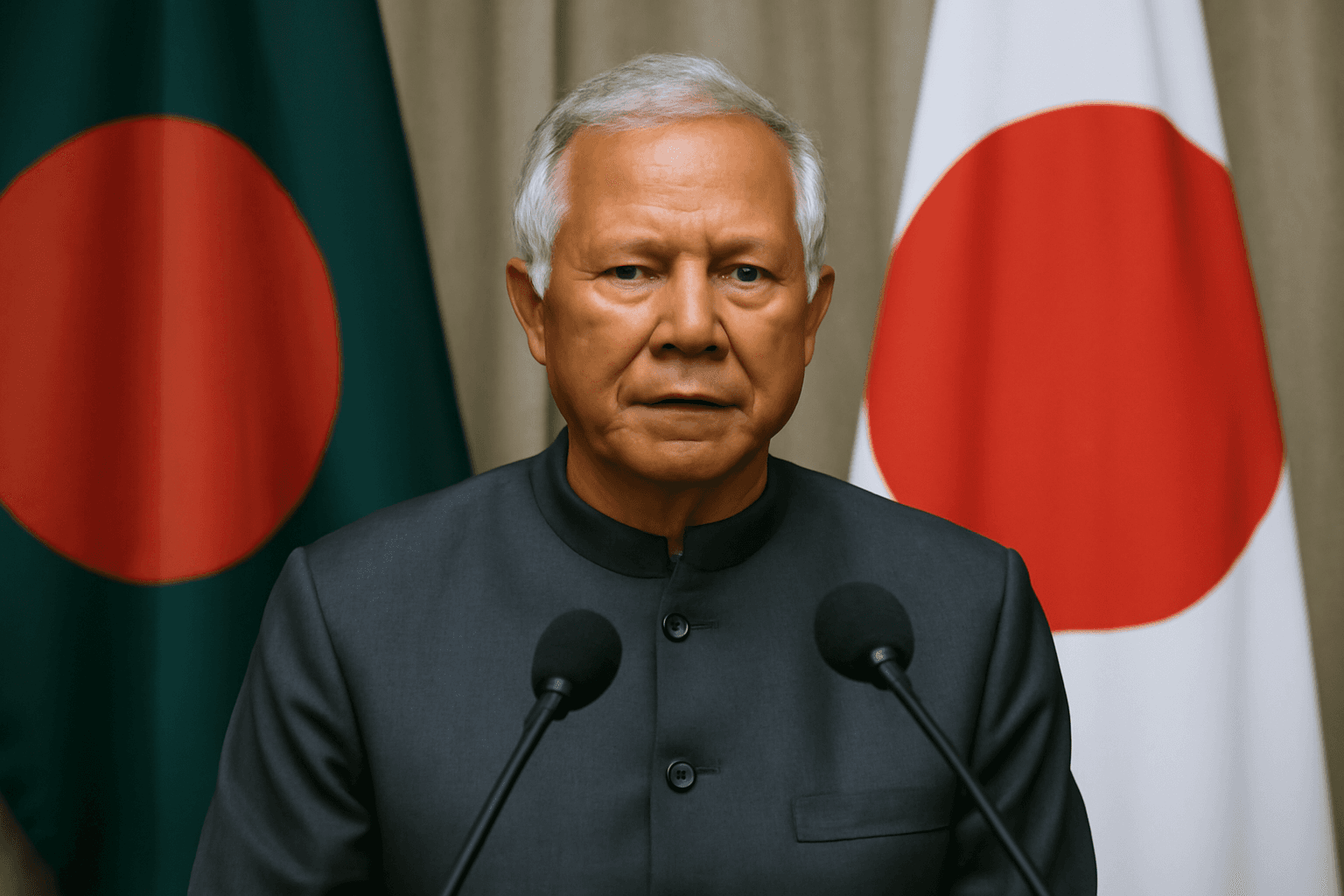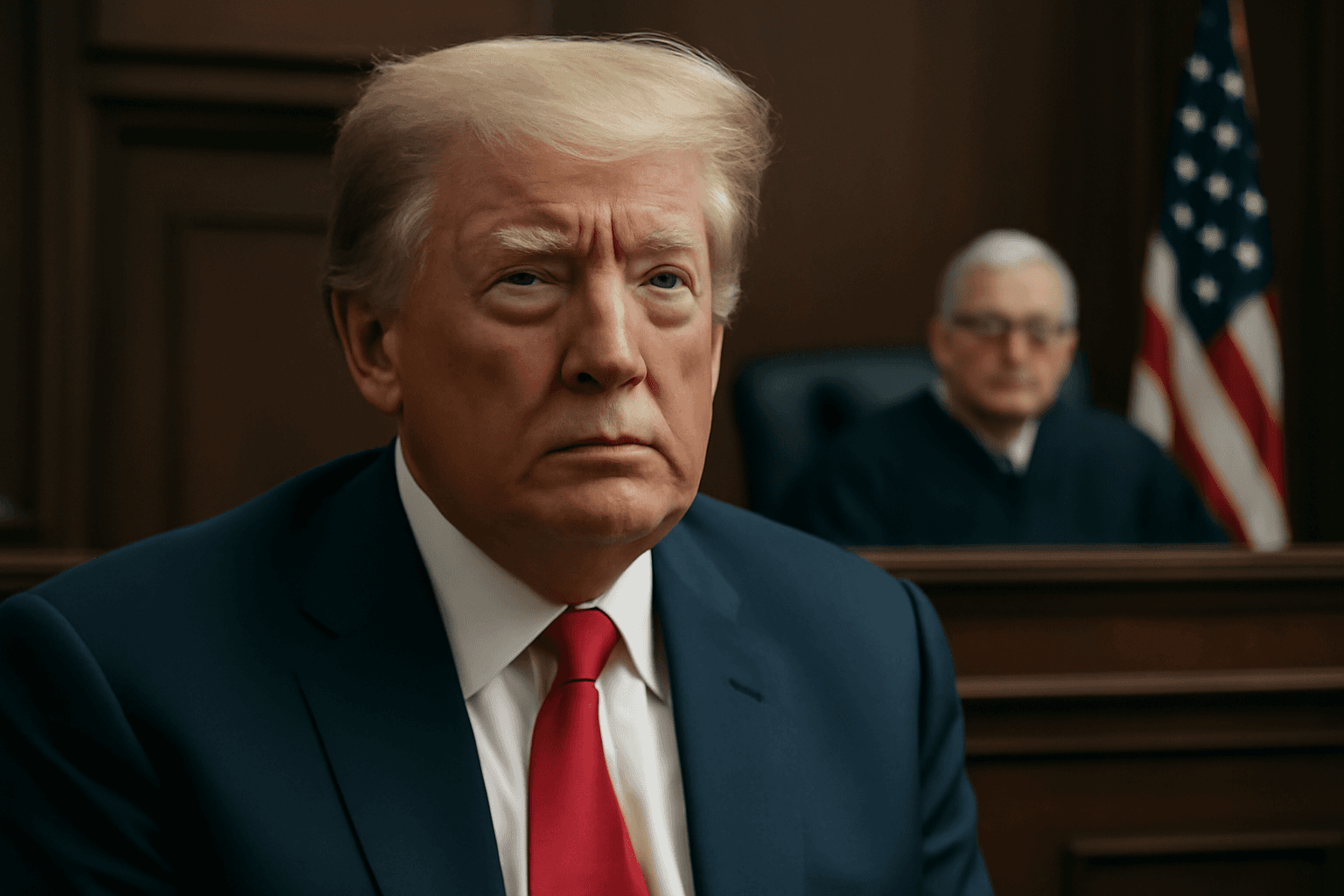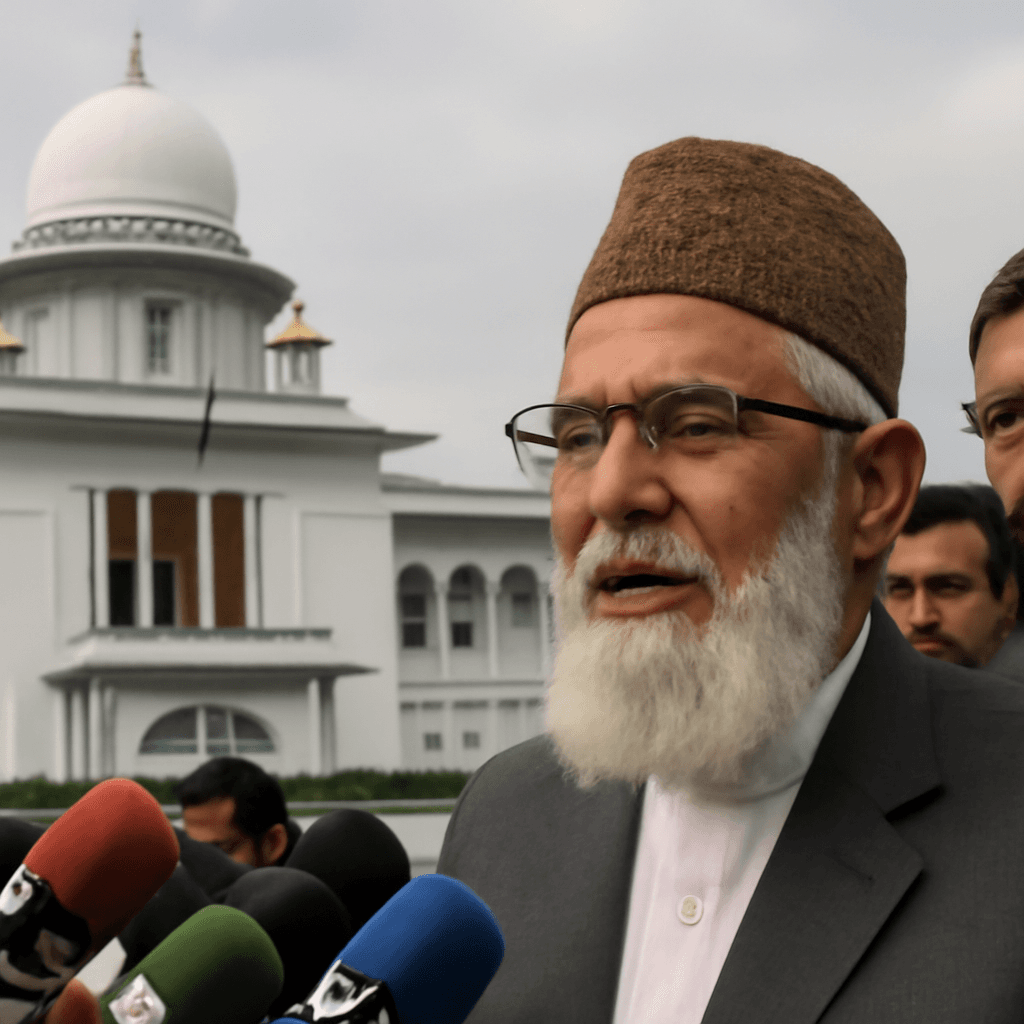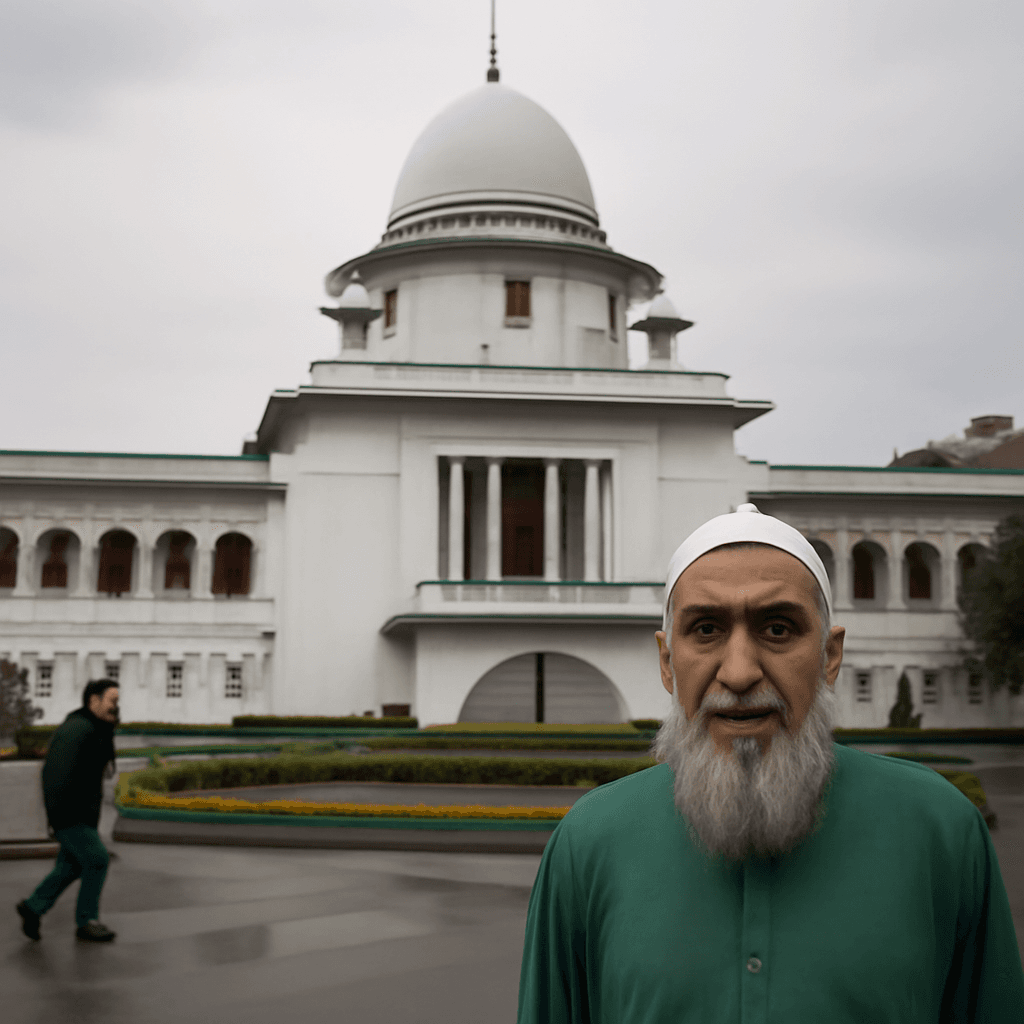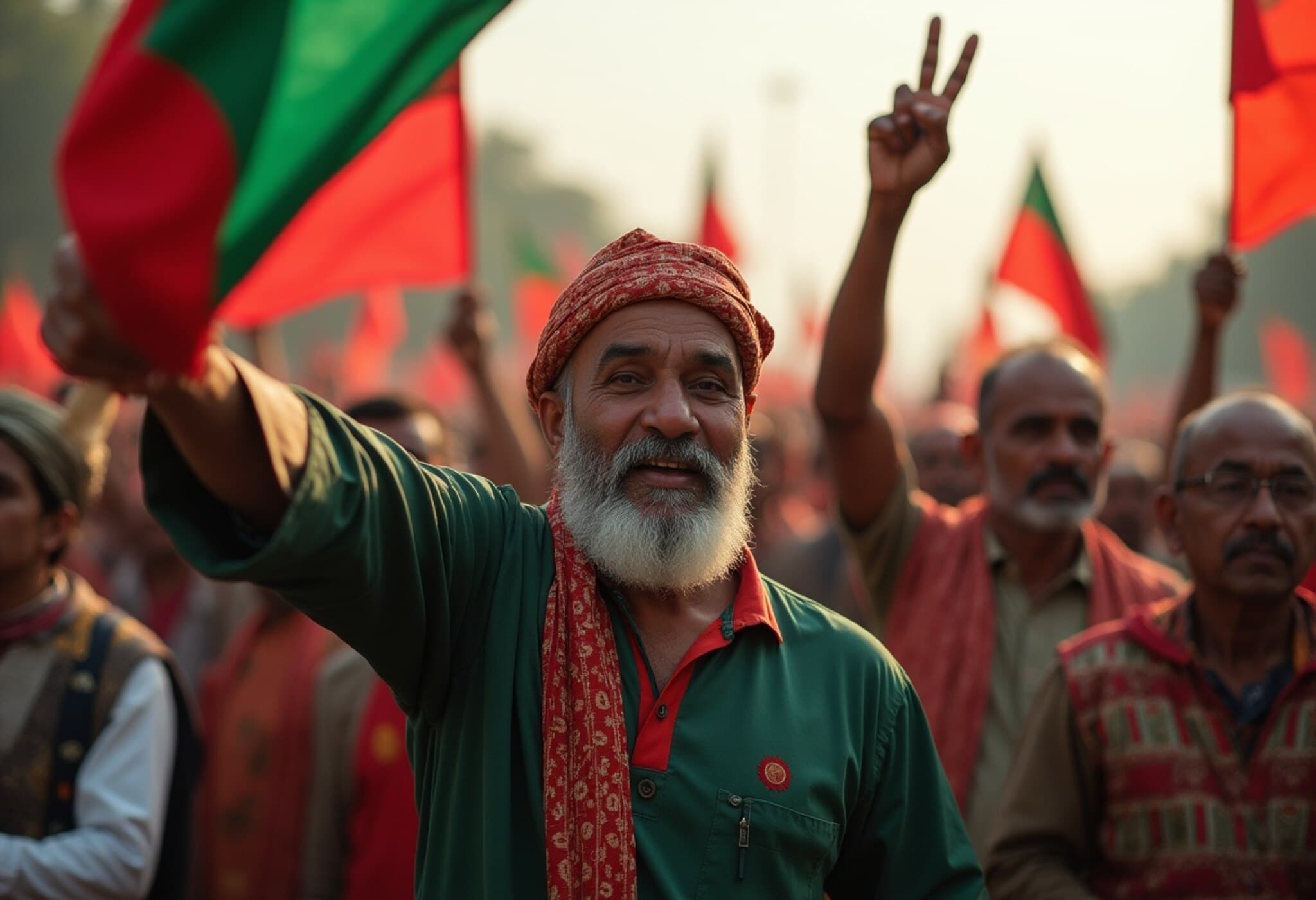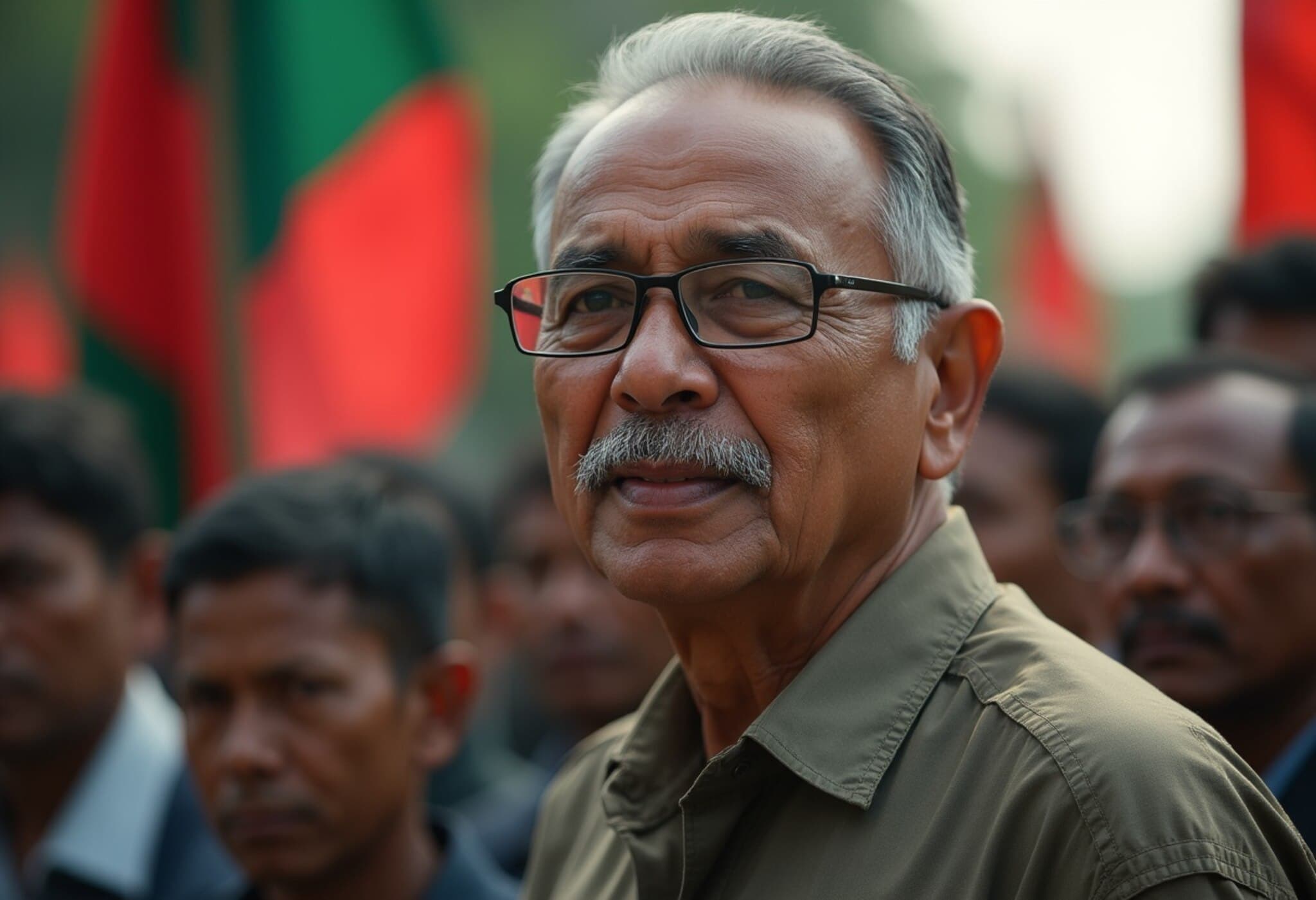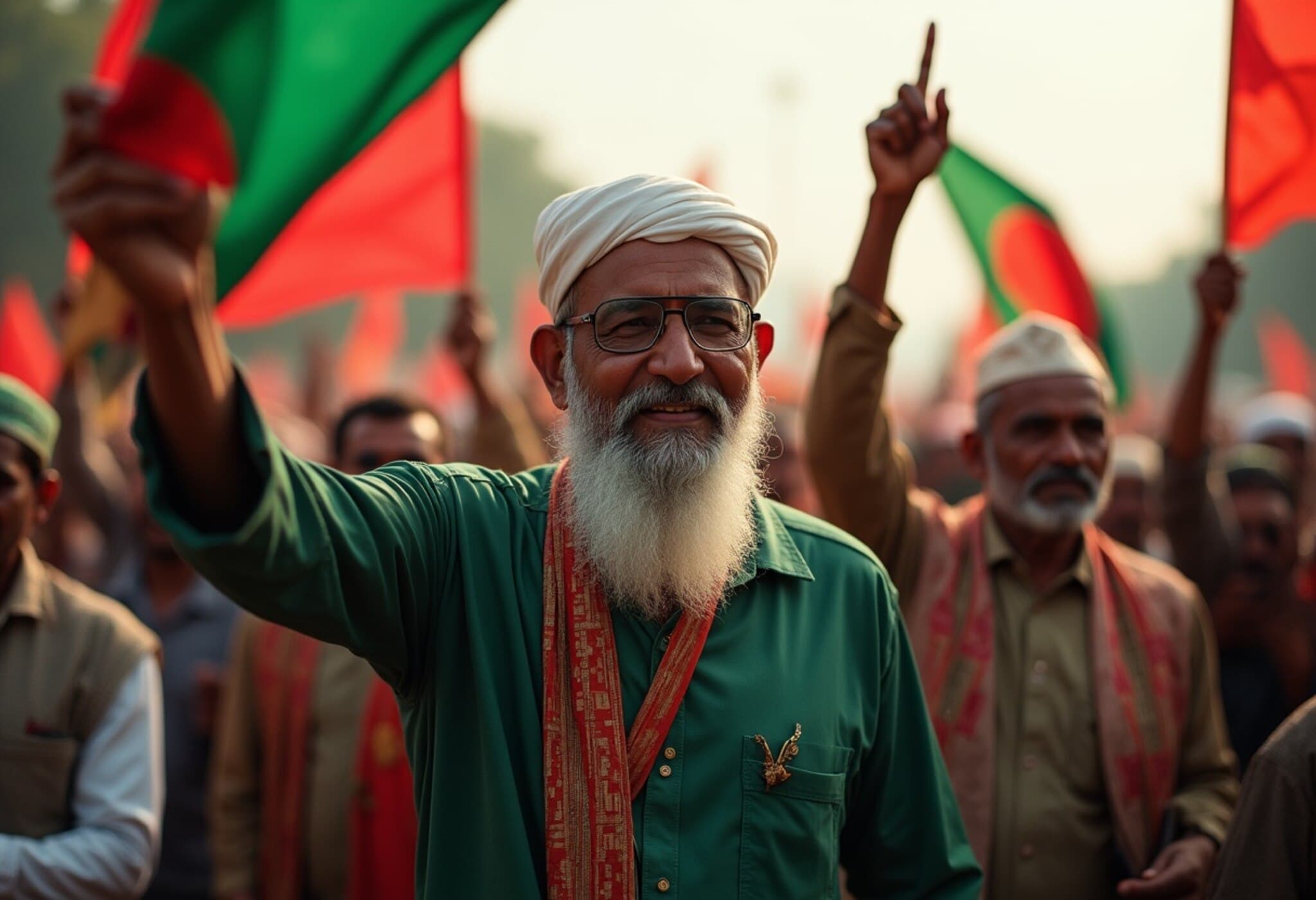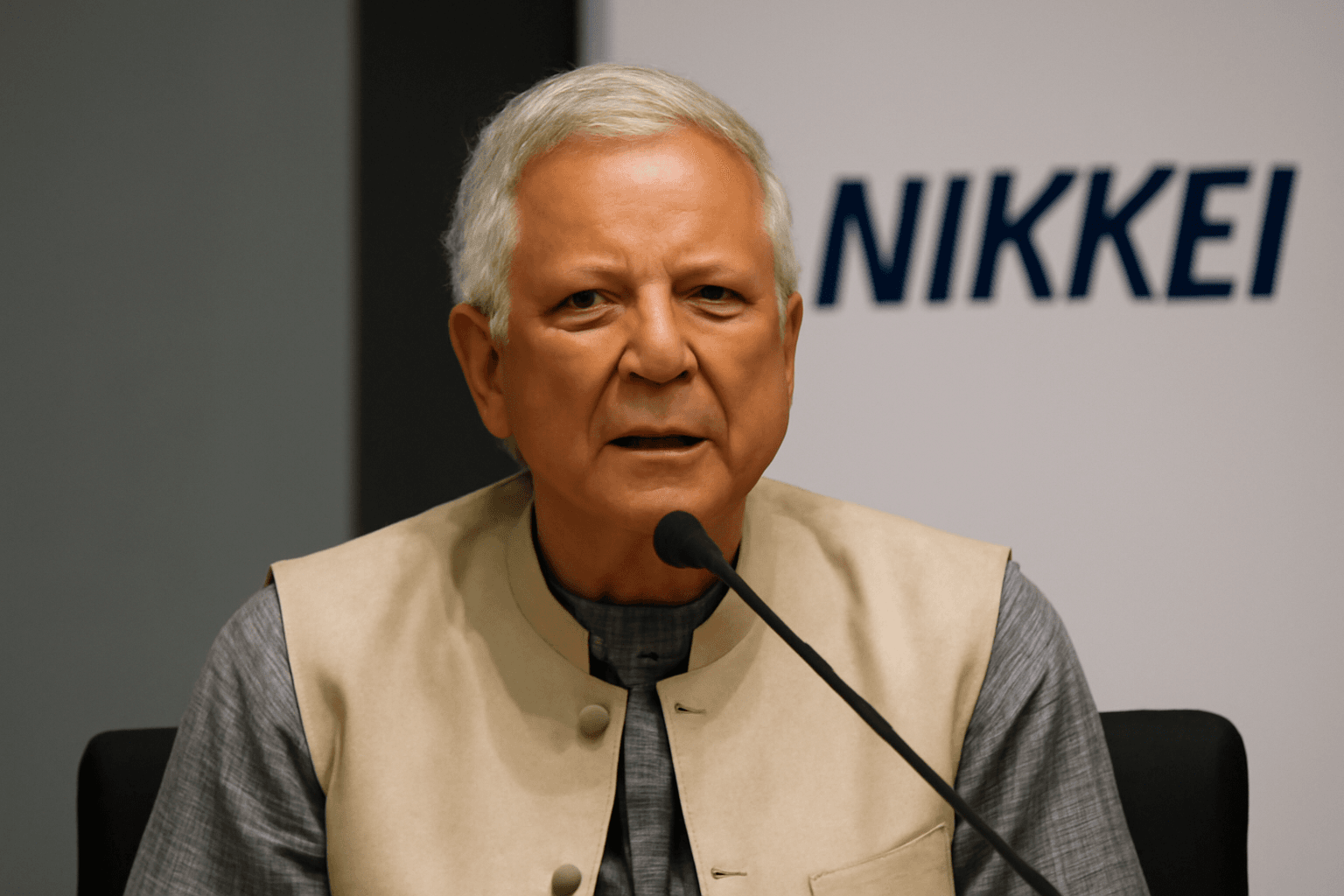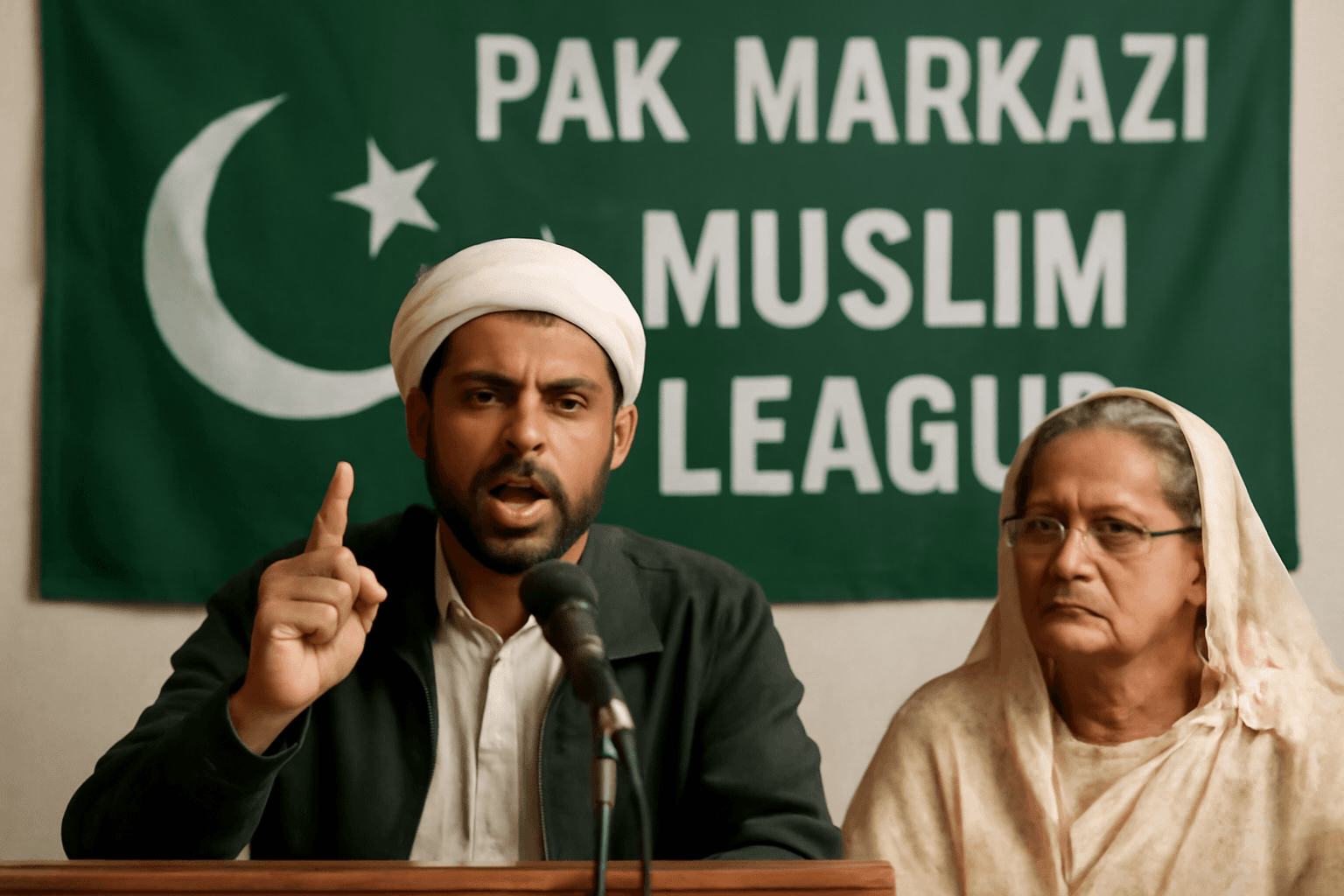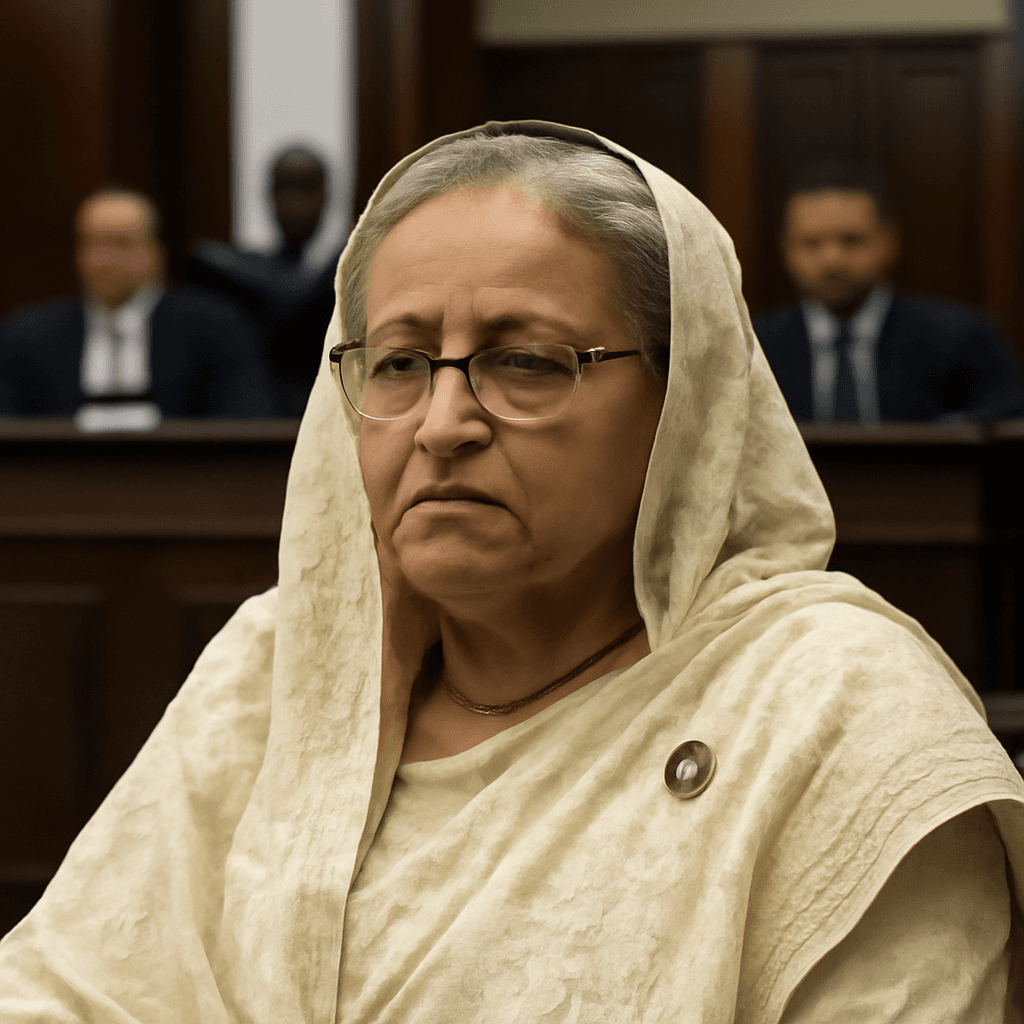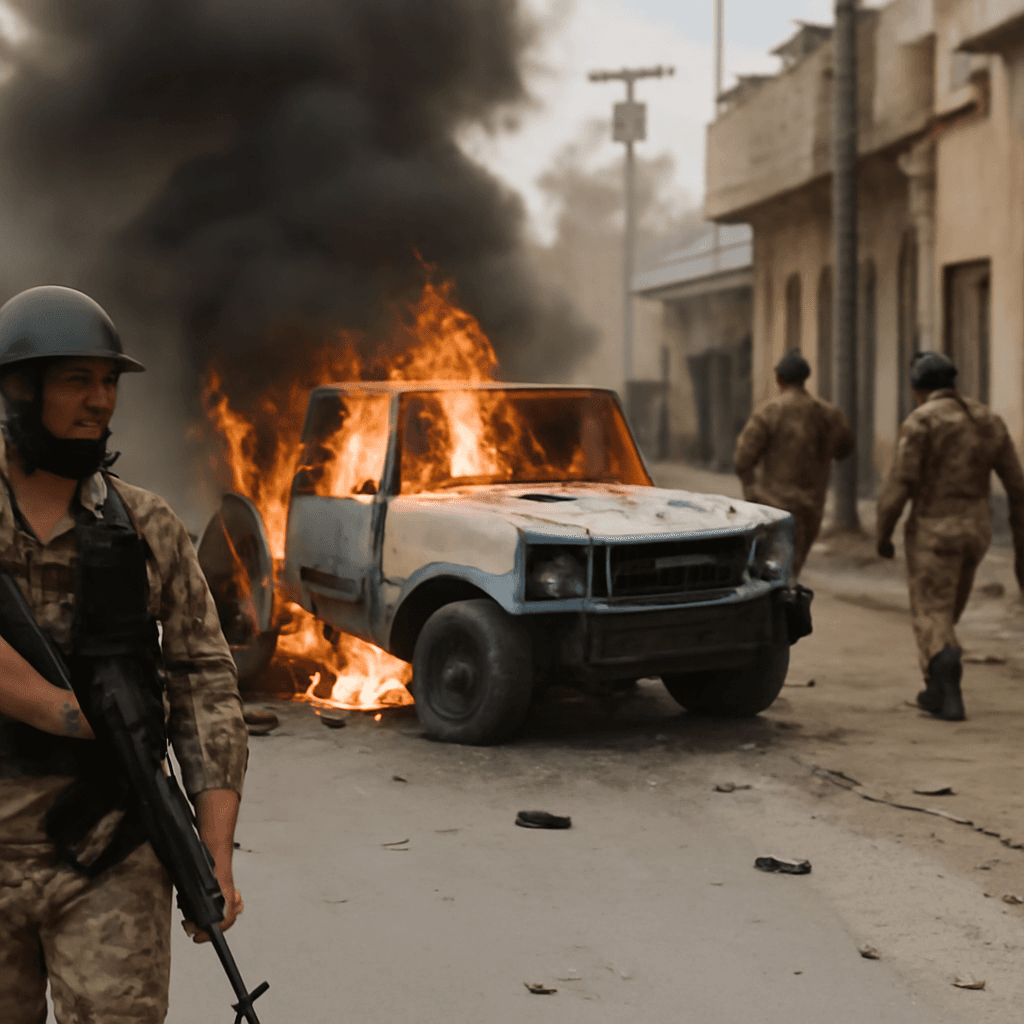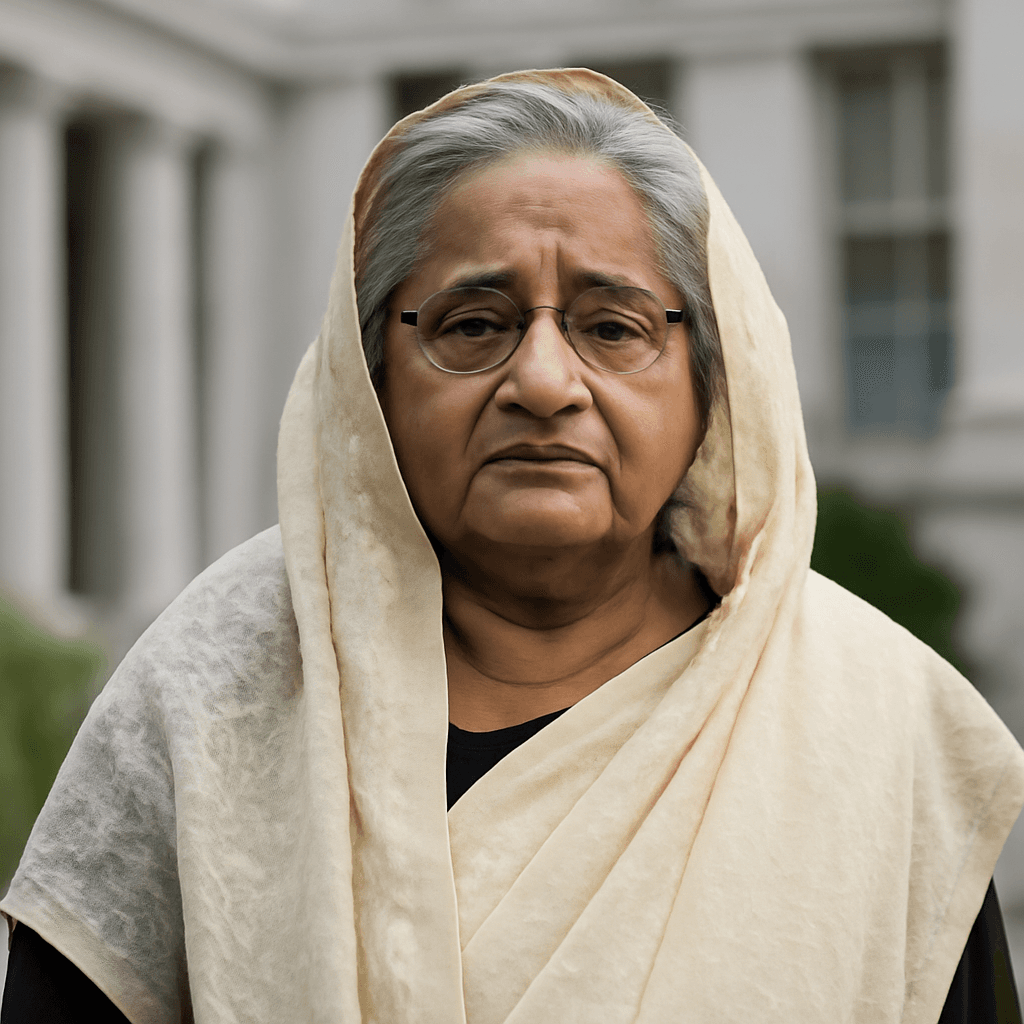Supreme Court Restores Jamaat-e-Islami’s Registration
The Appellate Division of Bangladesh's Supreme Court has reinstated the registration of Jamaat-e-Islami, allowing the party to legally contest in elections once again. This landmark ruling was handed down by a four-member bench led by Chief Justice Dr. Syed Refaat Ahmed on Sunday, overturning the previous ban imposed by the High Court.
The court directed the Election Commission of Bangladesh to restore Jamaat-e-Islami's registration without any delay, facilitating the party's prompt participation in future electoral processes. The judgment did not, however, address the issue of the party’s electoral symbol, the scales, leaving that decision to the discretion of the Election Commission.
Background of the Ban and Appeal Process
Jamaat-e-Islami’s registration was initially declared illegal by the High Court in August 2013 following a writ petition. Subsequently, the Election Commission officially cancelled the party’s registration in a gazette notification dated December 7, 2018. The party challenged the cancellation and sought to appeal the decision.
In November 2023, a six-member Appellate Division, headed by then-Chief Justice Obaidul Hassan, dismissed Jamaat’s appeal due to absence of the party’s principal counsel during the hearing. Consequently, the ban remained effective until recent developments.
Political Implications and Future Outlook
The political landscape changed significantly after the fall of the ruling Awami League-led government. Jamaat-e-Islami subsequently applied to revive their appeal petition. With the new legal development confirming its legitimacy, the party is now poised to participate actively in upcoming elections, presenting a renewed challenge to other major political forces, including the Bangladesh Nationalist Party (BNP).
Key Points:
- Supreme Court reinstated Jamaat-e-Islami’s registration, legalizing the party.
- Election Commission instructed to reinstate the party without delay.
- Party’s electoral symbol status remains undecided, pending Election Commission decision.
- Ban originally imposed in 2013 following a writ petition and upheld through 2018.
- Legal reversal follows political shifts and renewed legal appeals post-Awami League government.

